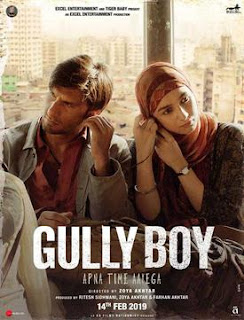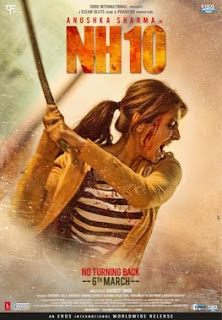Dipping into the anthropology of Kantara…

I took my time to watch Kantara, thanks to its release last week on OTT platform. While the world was profuse in its encomiums, I couldn’t say much till I had viewed the film and it took a while for various facets of the film to register. While the plot of the film is rather well known, its implications and import is rather subtle even as the narrative and idiom may be rather on your face. I also don’t claim to have studied Malnad’s culture in any depth but base my views on certain anthropological ‘common sense’. Set in Malnad Karnataka’s lush and bucolic environ, the Bhuta Kola ritual is primed to be the film’s pivot. Among other things of any ritual, the Bhuta Kola ritual is apparently one of a ‘collective’ bringing all and sundry communities irrespective of caste, class, gender and status (caste) into it. The boar ( Panjurli ) is representative of the forest spirit and an all pervading one where both an individual’s and communities well being, their current miseries, f...

